| KINGPOST | MULTIPLE KINGPOST |
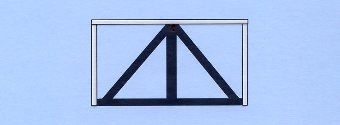 |
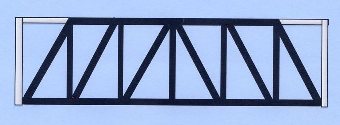 |
| The Kingpost Truss is the oldest truss design. It is primarily used for bridges with spans less than 30 feet. | An expansion of the Kingpost Truss, the Multiple Kingpost Truss, or MKP, consists of a center kingpost and right angle panels on each side of the center with diagonals pointing toward the center. MKP can handle bridge spans up to 100 feet. |
| QUEENPOST | BURR |
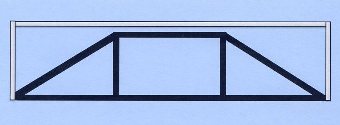 |
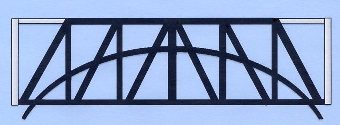 |
| Another expansion of the Kingpost Truss through the addition of a rectangular panel, the Queenpost Truss is used for bridges up to 75 feet. | Patented by bridge builder Theodore Burr, the Burr Arch is one of the most frequently used truss systems. It consists of two long arches, resting on abutments at each end and typically sandwiches a multiple kingpost truss. |
| TOWN | LONG |
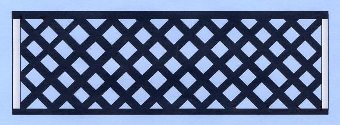 |
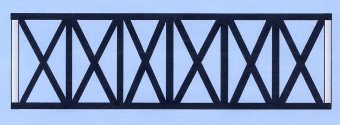 |
| The Town Truss is sometimes referred to as a Town Lattice Truss because of its appearance. Ithiel Town patented the Town Truss in 1820. The Town Truss is a relatively simple structure and can carry spans up to 200 feet. | Brevet-Colonel Stephen Long patented his Long Truss in 1830. His truss formed a pattern of crossed wood. |
| HOWE |
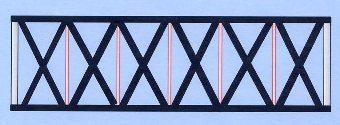 |
| Similar to the Long Truss, the Howe Truss developed by William Howe has vertical rods instead of wooden posts. The rods can be adjusted which keeps the bridge tight both during and after erection. |
Maryland Covered Bridges
Email me: mdcoveredbridges@comcast.net